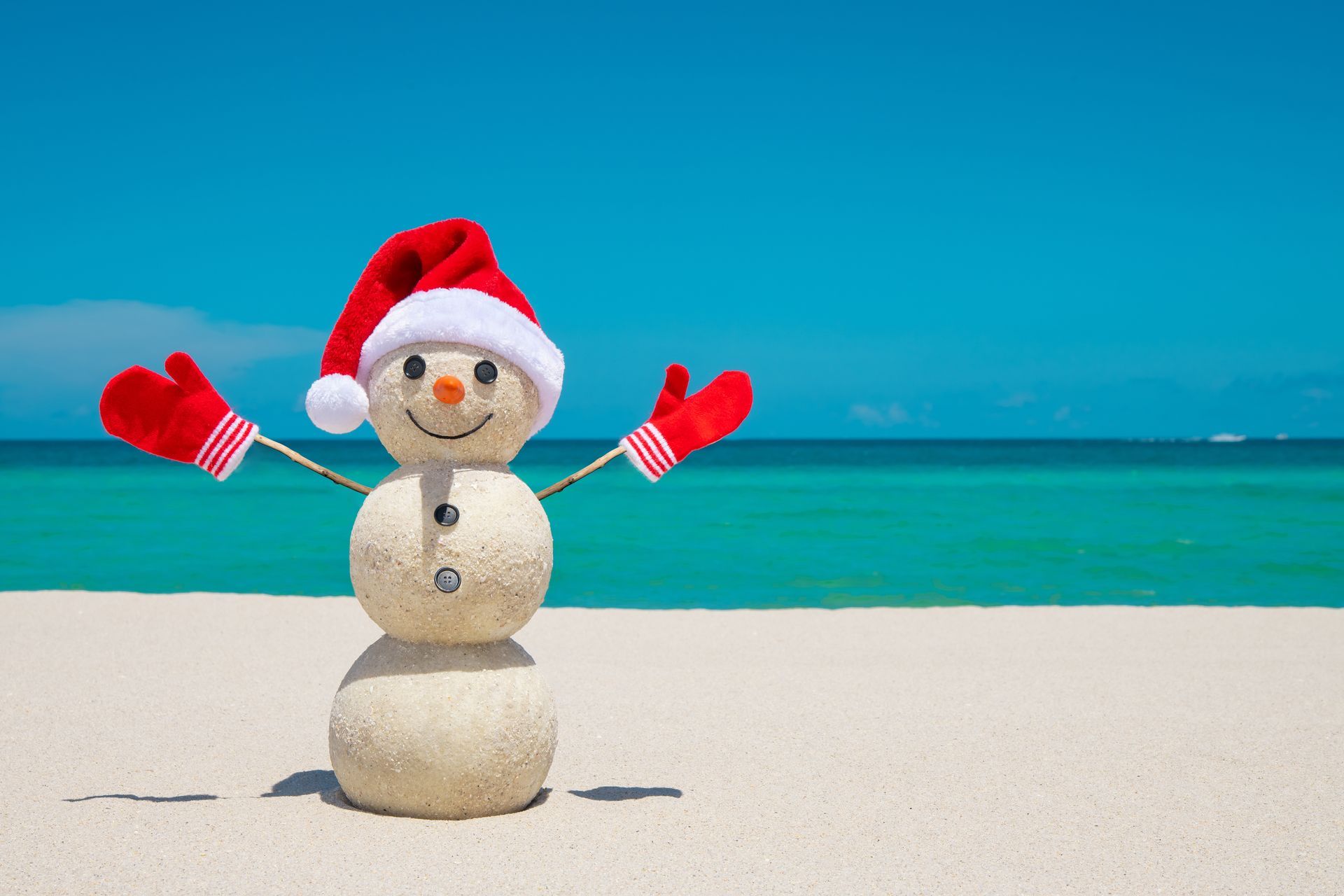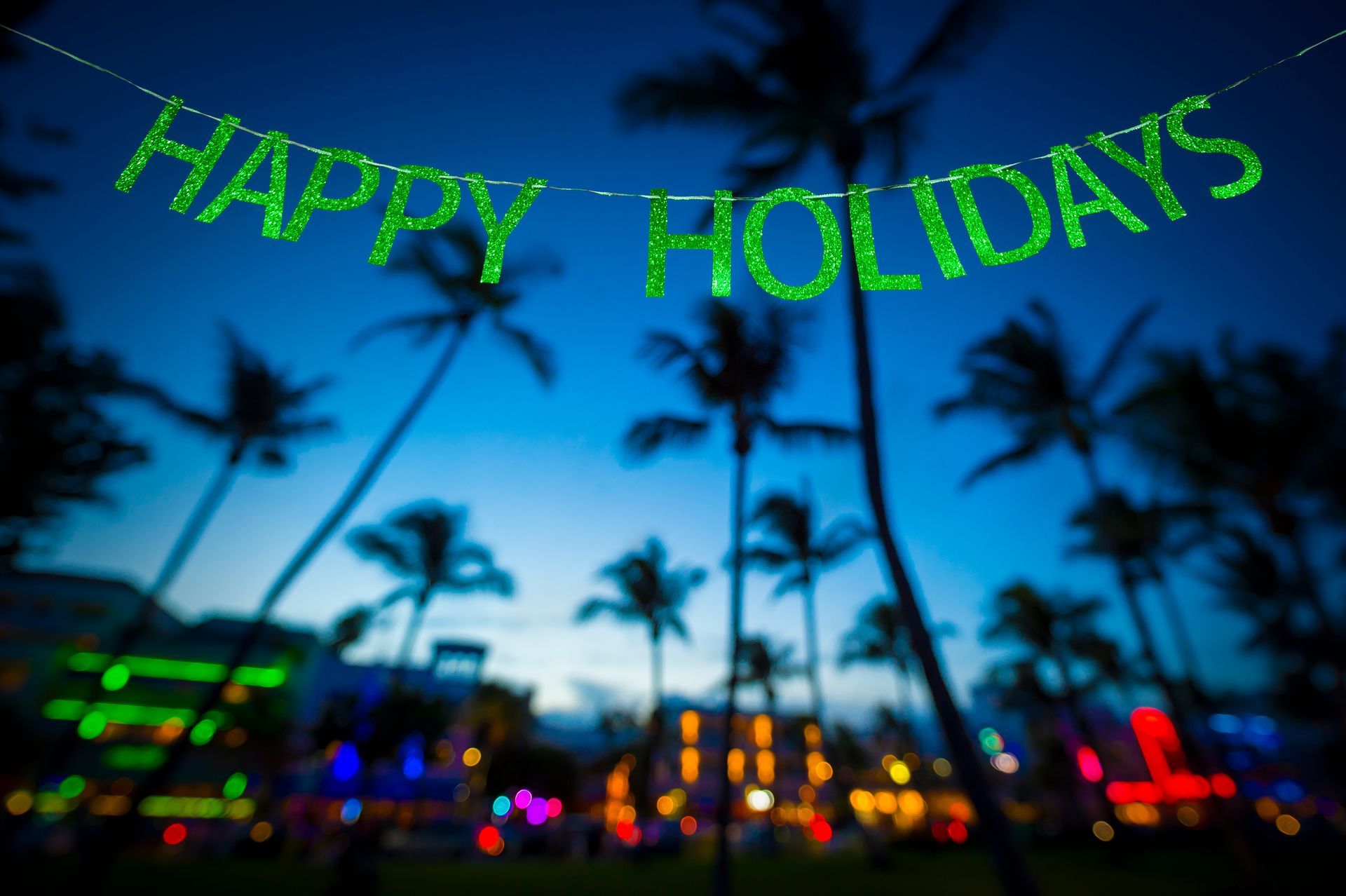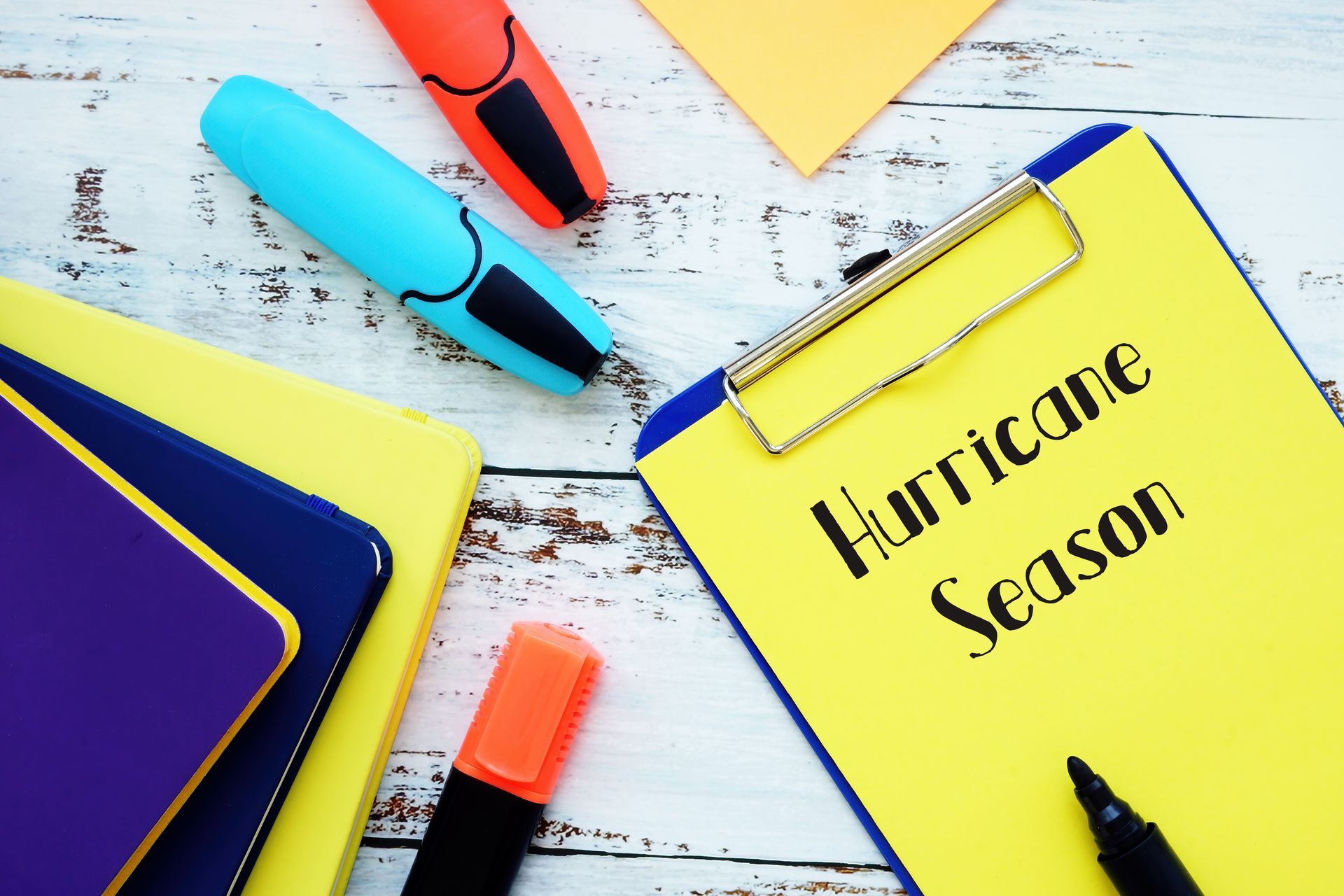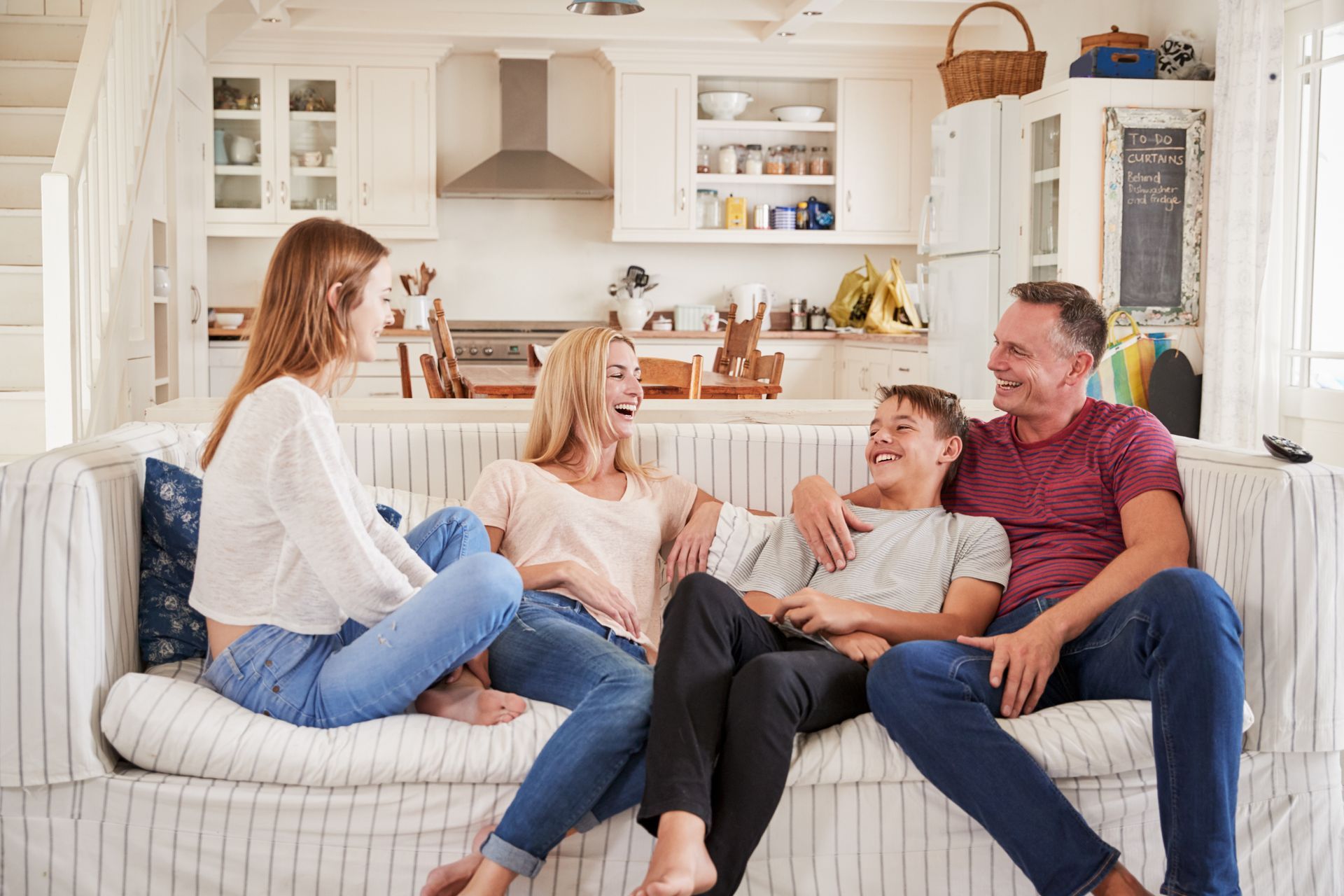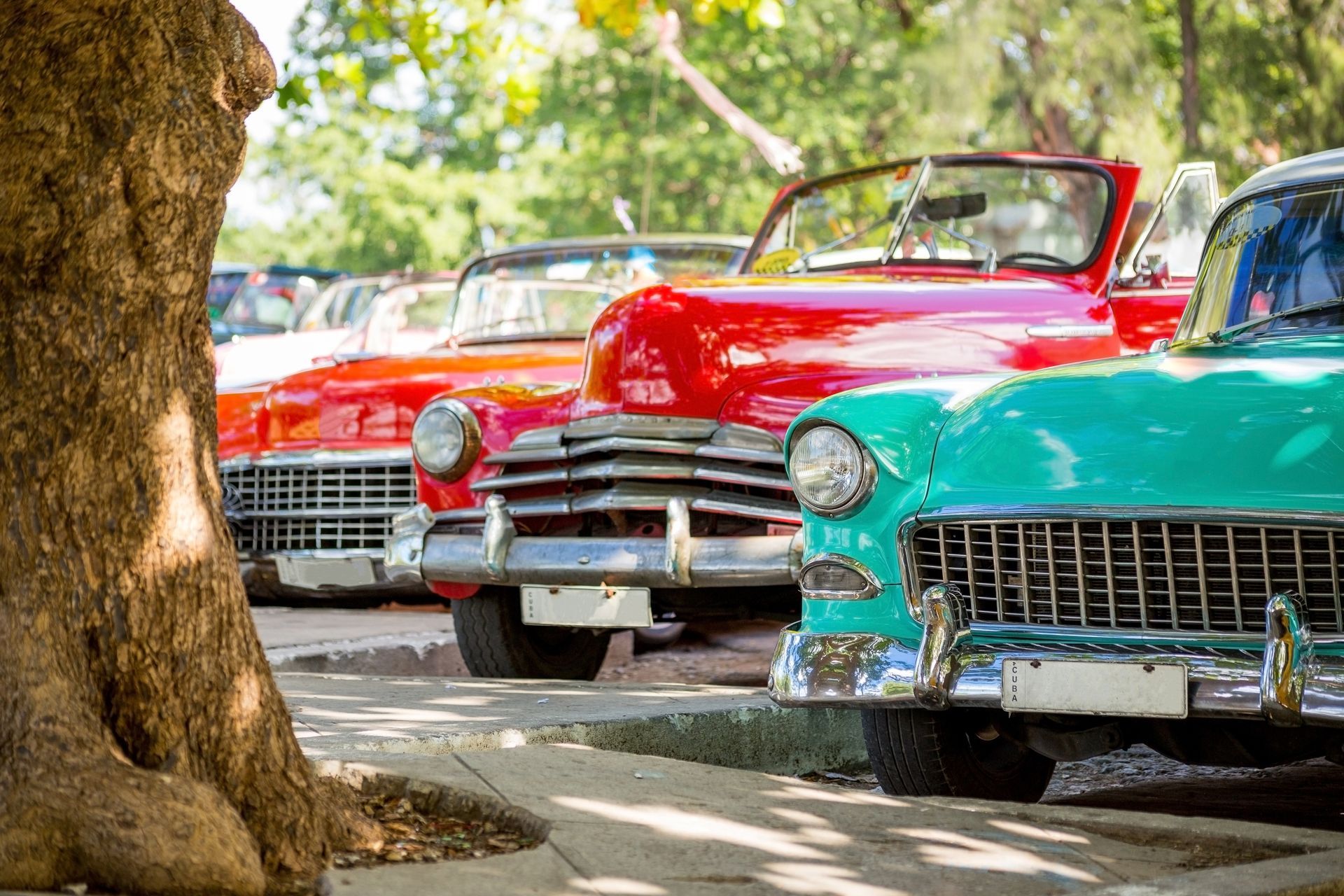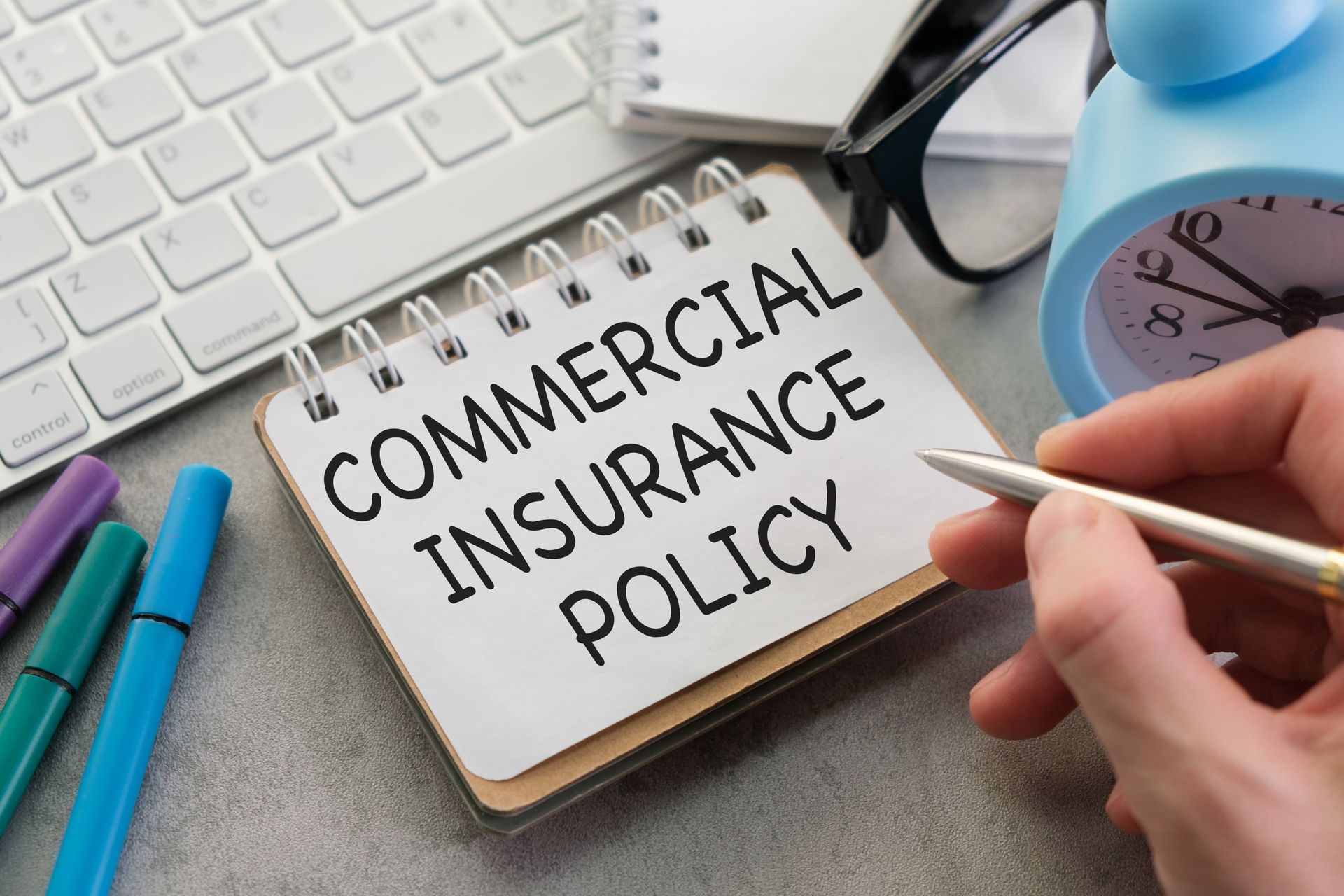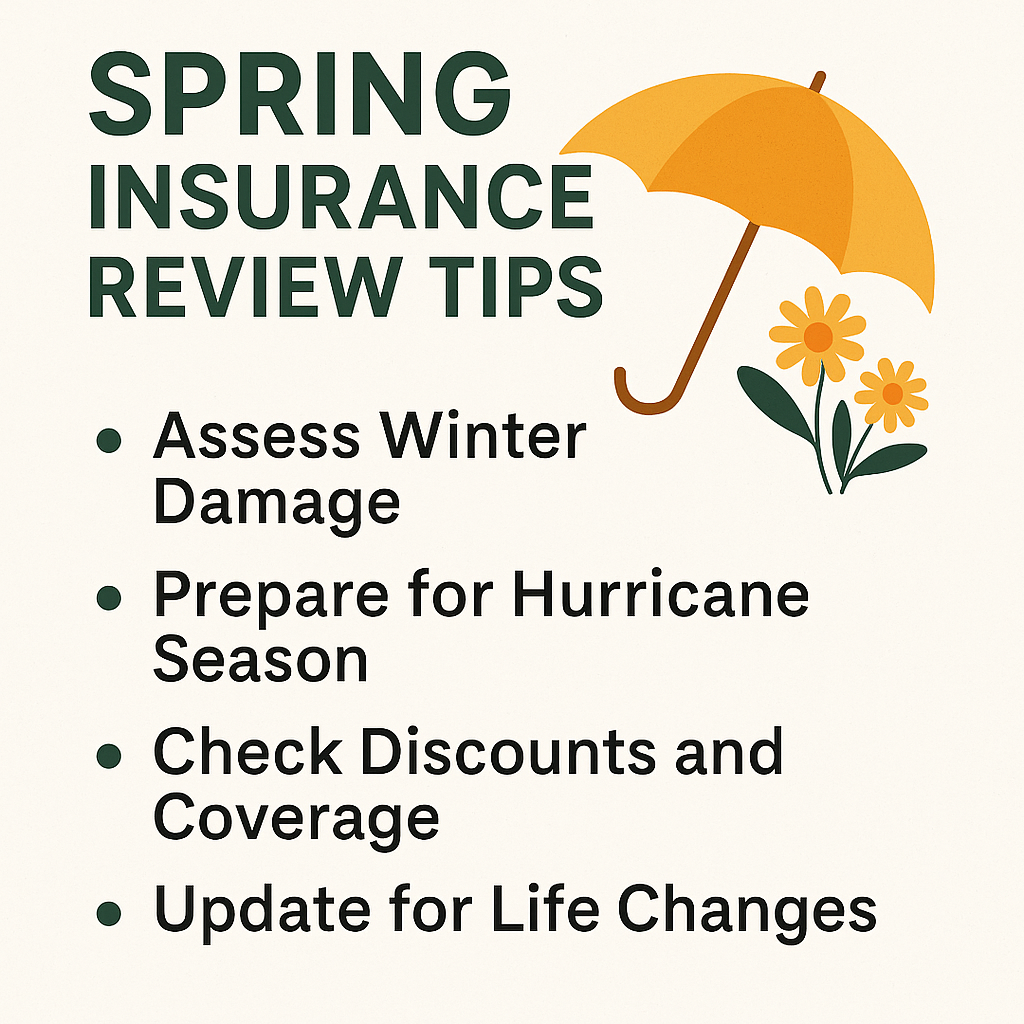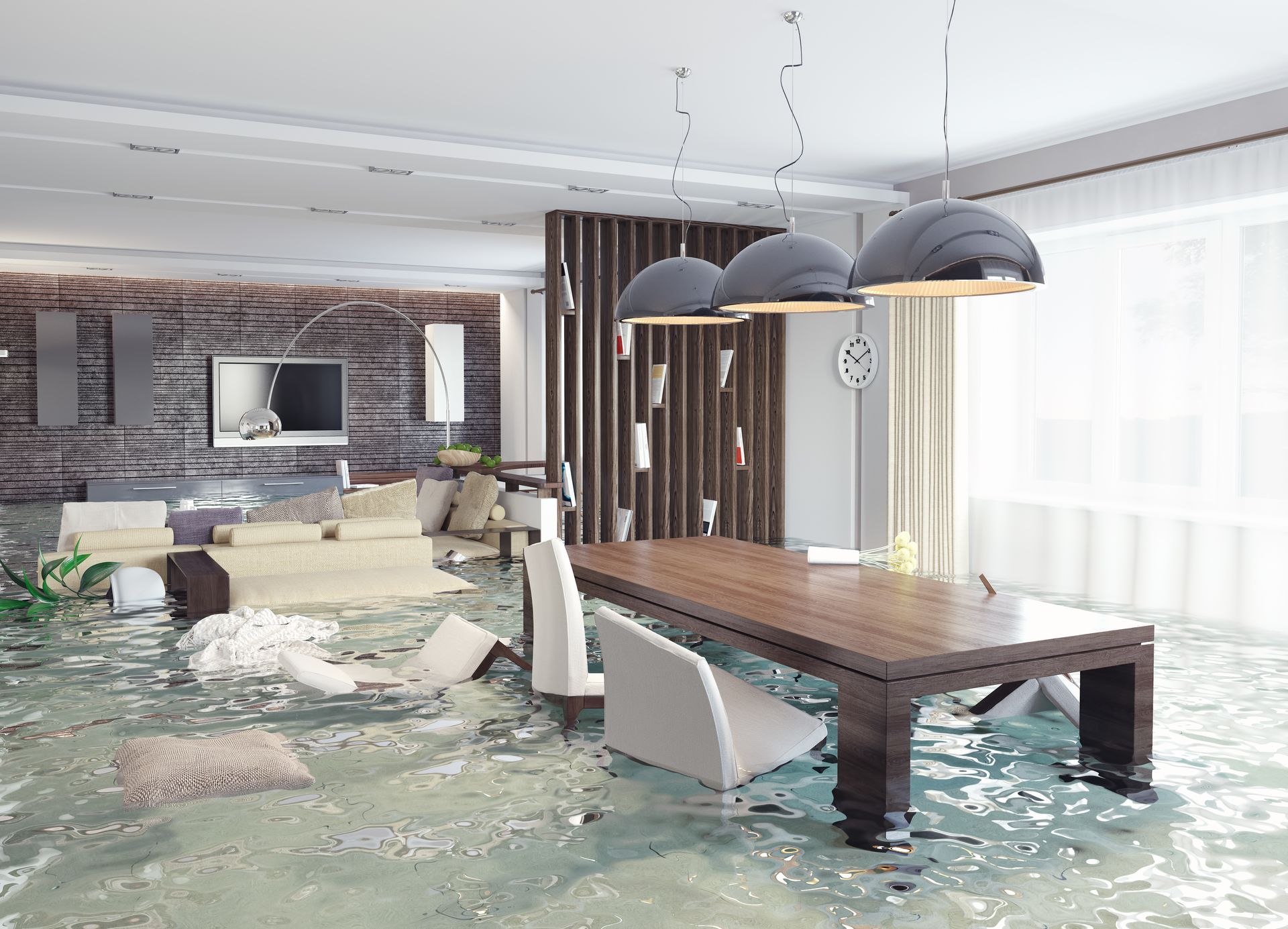Palm Coast, Florida, is a paradise for boating enthusiasts. With its extensive canal system, proximity to the Atlantic Ocean, and numerous waterways, it's no wonder that boating is a favorite pastime for many residents and visitors. As the summer season arrives, more and more people will be hitting the water to enjoy the beautiful weather and scenic views. To ensure a safe and enjoyable experience, it's important to follow boating safety tips and have the right insurance coverage in place. This blog will guide you through essential safety practices and explain why boat insurance is crucial for protecting your vessel and yourself.
Boating Safety Tips
1. Wear Life Jackets
One of the most important safety measures you can take is to wear a life jacket. According to the U.S. Coast Guard, 79% of boating fatalities in 2019 involved drowning, and 86% of those victims were not wearing a life jacket. Ensure that you and all passengers on board wear life jackets at all times, regardless of swimming ability.
2. Check the Weather
Before heading out on the water, always check the weather forecast. Weather conditions can change rapidly, and being caught in a storm can be dangerous. Look for updates on wind speed, wave height, and any potential thunderstorms. If the forecast is unfavorable, it's best to postpone your trip.
3. Follow Navigation Rules
Just like on the road, there are rules to follow on the water. Familiarize yourself with boating navigation rules, including right-of-way, speed limits, and how to properly signal your intentions to other boaters. This will help prevent accidents and ensure a smooth experience for everyone on the water.
4. Avoid Alcohol
Operating a boat under the influence of alcohol is illegal and extremely dangerous. Alcohol impairs judgment, coordination, and reaction times, increasing the risk of accidents. Save the celebratory drinks for when you’re back on shore and always designate a sober operator for your boat.
5. Maintain Your Boat
Regular maintenance is essential for safe boating. Before setting out, conduct a thorough check of your boat, including the engine, fuel system, and safety equipment. Ensure that all lights are working, and have a fully stocked emergency kit on board. Regular maintenance not only ensures your safety but also prolongs the life of your boat.
6. Take a Boating Safety Course
Consider taking a boating safety course to enhance your knowledge and skills. Many organizations, such as the U.S. Coast Guard Auxiliary and BoatUS Foundation, offer courses that cover essential topics like navigation, emergency procedures, and boat handling. Completing a course can also sometimes qualify you for discounts on your boat insurance.
Boat Insurance: Essential Coverage for Peace of Mind
While following safety tips can greatly reduce the risk of accidents, it's also important to have comprehensive boat insurance to protect yourself financially. Here are the key types of coverage to consider:
1. Liability Coverage
Liability coverage is crucial for protecting you in case you are found legally responsible for an accident that causes injury to others or damage to their property. This coverage can help pay for medical expenses, legal fees, and repair costs, providing you with financial protection in case of an unfortunate event.
2. Physical Damage Coverage
This coverage helps pay for repairs or replacement if your boat is damaged due to a covered peril, such as a collision, theft, fire, or vandalism. It typically includes both the hull and any attached equipment, such as motors and navigation systems.
3. Uninsured/Underinsured Boater Coverage
Just as with auto insurance, this coverage protects you if you're involved in an accident with a boater who does not have insurance or whose insurance is insufficient to cover the damages. It helps pay for your medical expenses and property damage, ensuring you're not left with a financial burden.
4. Medical Payments Coverage
Medical payments coverage helps cover medical expenses for you and your passengers in case of an accident, regardless of who is at fault. This can include hospital bills, ambulance fees, and other related costs.
5. Towing and Assistance Coverage
I
f your boat breaks down or you're stranded on the water, towing and assistance coverage can help cover the cost of getting you back to shore. This can include towing services, fuel delivery, and other emergency assistance.
Local Boating Regulations
To ensure a safe and legal boating experience, familiarize yourself with local boating regulations in Palm Coast. Some key points to consider include:
- Registration: Ensure your boat is properly registered with the state of Florida and displays the required registration numbers and decals.
- Safety Equipment: Florida law requires certain safety equipment on board, including life jackets, fire extinguishers, sound-producing devices, and visual distress signals.
- Speed Limits: Adhere to posted speed limits and slow down in no-wake zones to prevent accidents and protect marine life.
- Environmental Protection: Be mindful of the environment by properly disposing of trash, avoiding fuel spills, and respecting wildlife habitats.
Conclusion
Boating in Palm Coast offers a wonderful way to enjoy the beauty of Florida's waterways. By following safety tips and ensuring you have the right insurance coverage, you can protect yourself, your passengers, and your boat, making your time on the water both enjoyable and secure.
Before your next boating adventure, take a moment to review your boat insurance policy and make any necessary updates. If you have questions or need assistance, contact Integrity Insurance Group to discuss your coverage options and ensure you have the protection you need.
Safe boating, and enjoy the summer on the water!



